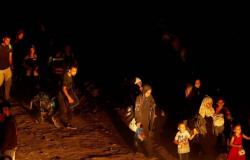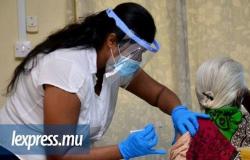The pandemic caused by Covid-19 poses a constant threat to global health. However, thehe understanding of the first responses of human cells to this disease remains unknown and limited knowledge.
This is why a recent study, published in the journal Nature, reveals results allowing us to understand the reasons why some people do not develop the disease caused by Covid-19.
The research team for this study is made up of scientists from Imperial College, University College London (UCL) and the Wellcome Trust Sanger Institute, who have dared to take a new step in this global health scenario.
Immune response of people who do not develop SARS-CoV-2 infection
To obtain accurate results, theresearch team included 36 healthy adults who were voluntarily administered the SARS-CoV-2 virus via the nasal route.
The main objective of the study was to analyze the immune responses – by single-cell sequencing – made by the organism of these healthy adults against the virus.
To trace the entire course of the infection, 16 healthy adult volunteers had their blood monitored in detailthe activity of their immune cells and the mucous membrane of their nose.
It is important to mention that adult volunteers who immediately cleared the virus were able to develop innate immune responses.
The research team linked this response to HLS-DQA2, a gene that helps people before they are exposed to Covid-19, preventing the infection from lasting longer..
Factor that allows the development of SARS-CoV-2 infection and invaluable contribution of this study
The opposite happened in the bodies of six adult volunteers. who developed SARS-CoV-2 infection.
In this sense, their immune response was rapid in the blood, but very slow in the nose. The virus was thus able to “nest” in this respiratory organ.
The research team emphasizes that their study constitutes an invaluable contribution to the most complete and detailed description ever obtained since the onset of SARS-CoV-2 infection.
The results discovered can even be applied to any other disease of infectious originbecause they reveal new responses linked to the resistance of the human body to certain diseases that persist over time.
News reference:
Human SARS-CoV-2 challenge reveals local and systemic response dynamics. Nature Review (2024).






